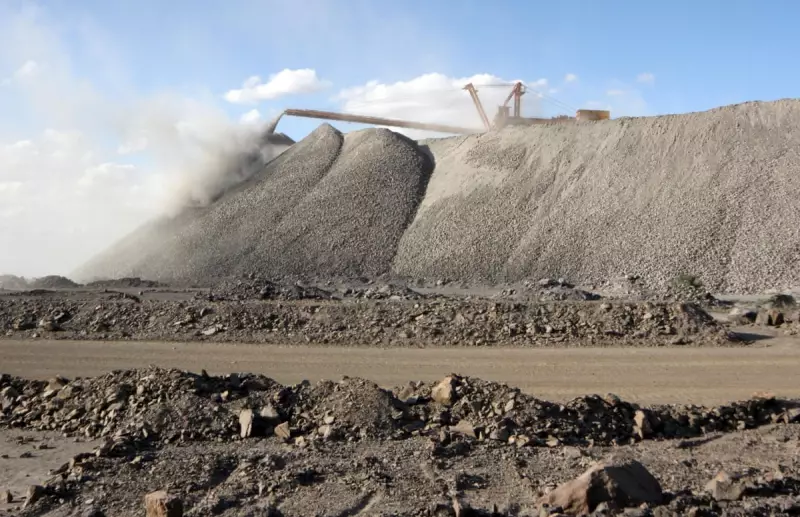
In a bold strategic move that could reshape global supply chains, the United States is placing massive financial bets on Western rare earth companies to counter China's overwhelming dominance in these critical minerals.
The Geopolitical Chessboard
The Biden administration has taken the extraordinary step of purchasing substantial shares in MP Materials and Lynas Rare Earths, two of the largest non-Chinese producers of these vital elements. This unprecedented intervention signals Washington's determination to secure the building blocks of modern technology.
"This isn't just about economics—it's about national security," explains Dr Eleanor Vance, a strategic minerals analyst. "For decades, we've allowed China to control 90% of the refined supply of materials that power everything from electric vehicles to fighter jets."
Why Rare Earths Matter
These unassuming elements are anything but ordinary:
- Neodymium and praseodymium create the world's strongest permanent magnets for wind turbines and EV motors
- Dysprosium enables high-temperature stability in advanced electronics
- Terbium is essential for colour displays and solid-state devices
Without these minerals, the green energy transition and technological advancement would grind to a halt.
China's Calculated Dominance
Beijing's control over the rare earth sector didn't happen by accident. Through strategic investments, export controls, and massive subsidies, China systematically built what many analysts call "the OPEC of technology metals." Recent export restrictions on gallium and germanium served as a stark warning of this power.
The Western Counter-Offensive
The US investments, made through the Defence Production Act, represent the most significant Western response to date. The strategy focuses on:
- Securing immediate supply through established producers
- Building domestic processing capabilities to bypass Chinese refineries
- Creating alliances with allied nations for diversified supply chains
"We're not trying to eliminate Chinese production—that's impossible," a senior administration official noted. "We're building credible alternatives to prevent supply chain coercion."
The Environmental Challenge
One major hurdle remains: rare earth processing is notoriously dirty. Western companies face higher environmental standards and costs than their Chinese counterparts. However, new technologies are emerging that could make cleaner processing economically viable.
The race for rare earth independence has begun in earnest. While China's position remains formidable, these strategic investments mark the first serious challenge to its decades-long dominance in the minerals that power our modern world.





